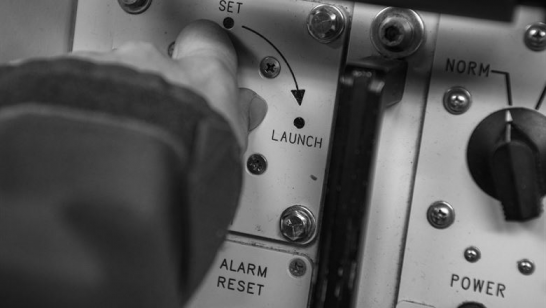
November 24 will not enter the annals of history as a fateful turning point in Iran’s relations with the West. Twelve months of intense nuclear talks, rather than ending a twelve-year standoff, evolved instead into a seven-month extension. Disappointed observers were quick to draw parallels with the long-stalled Israeli-Palestinian talks. But the analogy is inaccurate, as there is far more political will, on both sides, to resolve the nuclear crisis. Indeed, November 24 has arguably brought greater clarity about both the remaining obstacles and their potential solutions, and more trust.
The outcome in Vienna bears more similarity to the 1986 Reykjavik summit between Presidents Reagan and Gorbachev. At those talks, the parties came agonizingly close to clinching a historic arms-control agreement, but succumbed at the last minute to their domestic political constraints. Despite the dashed hopes, that failure paved the way for a landmark deal between the US and USSR (known as the Intermediate-Range Nuclear Forces Treaty) a year later. This was because Reykjavik had built personal relations and clarified the parties’ respective positions, which allowed them to gradually walk back from their maximalist demands, understand the other side’s political constraints, and reflect on the unpalatable consequences of failure.
It is unclear whether Iran and the E3+3 will be able to replicate this success. But now that they know each other, have tested the real red lines, and brinkmanship has been tried and failed, they can focus on solutions. In parallel, sceptics in the halls of US Congress, in the corridors of power in Tehran, and on the battlefields of the region’s sectarian wars will of course increase their efforts to scuttle the process.
There is no reason to be pollyannaish about the nuclear negotiators’ chances, but as Secretary Kerry said, only “fools” would walk away when so much progress has been made. Getting an agreement won’t be easy, but if the US and Soviet Union could make it work, there is every reason for Iran and the West to continue trying.
The opinions articulated above represent the views of the author(s), and do not necessarily reflect the position of the European Leadership Network or any of its members. The ELN’s aim is to encourage debates that will help develop Europe’s capacity to address the pressing foreign, defence, and security challenges of our time.



